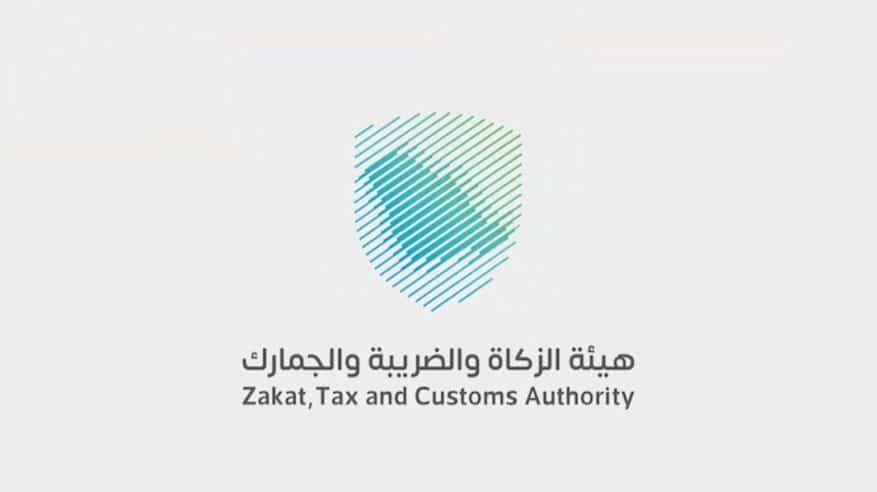The Zakat Tax and Customs Authority defined the criteria for the selection of target establishments in the third group for the application of the "linking and integration" phase of the electronic billing. The Authority explained that the third group covered all establishments whose revenues were above the value added tax (R$250 million) during 2021 or 2022.
The Authority explained that it would notify all target facilities in the third group in preparation for linking and integrating their electronic billing systems with an invoice platform as of 1 October 2023m.
The Zakat Tax and Customs Authority added that the second phase (linking and integration phase) required additional requirements for the first phase (issuance and preservation phase), notably the linking of electronic billing systems to those charged with an invoice platform, the issuance of electronic invoices based on a specific formula, and the inclusion of a number of additional elements in the invoice.
She also indicated that the second phase (linking and integration) would be mandatory in a phased manner and in clusters, with subsequent clusters to be reported by the Board at least six months in advance.
The Zakat Tax and Customs Authority noted that the second phase of electronic billing was an extension of the Kingdom ' s economic renaissance and digital transformation, and complemented a success story that began with the first phase of the electronic billing application, which had achieved many positive results, notably the upgrading of consumer protection throughout the Kingdom, paying tribute to the great awareness that it had received from the operators and their rapid reaction to the first phase of the project.
It is indicated that the first phase of the electronic billing project (issuance and archiving phase), which was introduced on 4 December 2021m, requires those subject to the electronic billing list to cease completely the use of handwriting bills or computer-written invoices through text editing or number analysis programmes, and to ensure that a technical solution to the electronic billing is in accordance with the requirements of the Authority, as well as to ensure that electronic invoices are issued and maintained in all components, including the rapid response code. QR Code and other requirements.
The Authority explained that it would notify all target facilities in the third group in preparation for linking and integrating their electronic billing systems with an invoice platform as of 1 October 2023m.
The Zakat Tax and Customs Authority added that the second phase (linking and integration phase) required additional requirements for the first phase (issuance and preservation phase), notably the linking of electronic billing systems to those charged with an invoice platform, the issuance of electronic invoices based on a specific formula, and the inclusion of a number of additional elements in the invoice.
She also indicated that the second phase (linking and integration) would be mandatory in a phased manner and in clusters, with subsequent clusters to be reported by the Board at least six months in advance.
The Zakat Tax and Customs Authority noted that the second phase of electronic billing was an extension of the Kingdom ' s economic renaissance and digital transformation, and complemented a success story that began with the first phase of the electronic billing application, which had achieved many positive results, notably the upgrading of consumer protection throughout the Kingdom, paying tribute to the great awareness that it had received from the operators and their rapid reaction to the first phase of the project.
It is indicated that the first phase of the electronic billing project (issuance and archiving phase), which was introduced on 4 December 2021m, requires those subject to the electronic billing list to cease completely the use of handwriting bills or computer-written invoices through text editing or number analysis programmes, and to ensure that a technical solution to the electronic billing is in accordance with the requirements of the Authority, as well as to ensure that electronic invoices are issued and maintained in all components, including the rapid response code. QR Code and other requirements.
 English
English
 العربية
العربية


Add New Comment